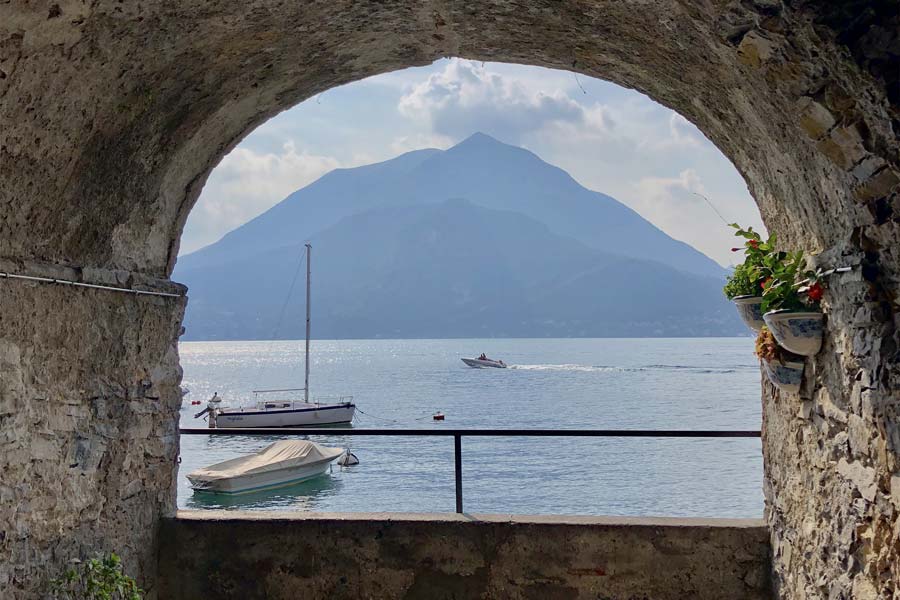
HOW THE HOME BUYING PROCESS WORKS
Once we’ve found your future dream property, here is a brief explanation of what happens afterwards.
Bear in mind that it is only a rough indication, because – and we know it, very well – every real estate purchase is a little story in itself, with many factors involved.
Moreover, real estate laws are constantly evolving, so it is essential to rely on professionals like us.
We are here to help, so if you have any questions or doubt please do not hesitate to contact us.
The process of buying a property usually involves the following three steps:
- PURCHASE PROPOSAL (OFFER)
- PRELIMINARY CONTRACT
- NOTARY CONTRACT OF PURCHASE AND SALE (FINAL CONTRACT)
Read more about them below.
PURCHASE PROPOSAL (OFFER)
The main stages of this phase are the following:
- The buyer sends the purchase proposal to the seller
- The buyer undertakes the commitment to buy the property
- The seller accepts the offer and notifies the buyer or he can refuse the proposal and open negotiations
- In case the offer is accepted, the buyer’s real estate agent sends him/her the offer signed by the seller
- The seller is to comply with the terms of the accepted proposal
- If the seller does not respond within the deadline set by the buyer, the seller is completely free from any obligation towards the buyer
The purchase proposal shall include the following:
- A clear definition of the buyer and the seller
- The identity of the property in question, its address and a detailed description
- Offer expiration date (Date of the final contract)
- The sale price
- Terms of payments and a stated future date for the notarial deed
PRELIMINARY CONTRACT
The preliminary contract is a true contract that obligates both parties to sign the final contract.
The main stages of the preliminary contract are the following:
- The buyer and the seller sign the preliminary contract
- The buyer has the right to purchase the real estate under the terms specified in the contract
- The buyer pays the earnest money deposit to the seller to prove his/her good faith to buy the property
- The buyer also pays the real estate commission to the real estate agency
- If the deal is terminated due to the buyer’s fault, the seller has the right to keep the earnest money deposit
- If the deal is terminated due to the seller’s fault, double the deposit amount must be returned to the buyer
The preliminary contract usually includes the following:
- All the details that will be included in the final notarial deed of purchase and sale
- Identification of participating parties (buyer and seller)
- The sale price
- Terms of payment (bank transaction, cheque, etc.) and payment due date
- A detailed description of the property with data from the Land Registry (cadastral records, floor plans, etc.)
- A stated date for the notarial act for purchase and sale
- Pre-existence of mortgages and easements
- Compliance with building regulations
- Possible compensatory damages in case of termination of the contract
- Date and signature from both parties
- Registration of the preliminary contract and paymet of the registration fee
NOTARY CONTRACT OF PURCHASE AND SALE (FINAL CONTRACT)
The main stages of the final title deed are the following:
- The buyer and the seller sign the notarial contract of purchase and sale before a notary
- The conditions specified in the preliminary contract are repeated to both parties, with possible amendments introduced during the drafting of the final contract
- The buyer pays the transaction costs, taxes and the notary fees for the final contract of purchase and sale
- The notarial contract of purchase and sale is registered by a notary officer in the Land Registry and with the taxation authorities within 2-4 weeks after the transaction. After that, the contract obtains a specific registration number
- If you took out a mortgage,the notary will register it as well. If there is already a mortgage on the acquired property, a representative of the bank which issued the mortgage is usually present at the deal
- Before signing the notarial act of purchase and sale, in the presence of a notary officer who is recording this act, any existing mortgage contract gets cancelled and any encumbrances are removed from the real estate object of the contract
The Notary:
- Represents the Italian Country, third party
- Is responsible for the purity of the transaction
- Ensures the transfer of ownership of the property from the seller to the buyer
- Controls the payment of registration taxes and fees
- Checks for any mortgages and other restrictions on the real estate object of the contract

FAQ - Frequently Asked Questions
After a verbal negotiation, a purchase offer is issued and the buyer pays a deposit. Normally, the latter is 10-20% of the sale price and is sent through to the seller by the agency when the offer is accepted.
Before the deadline indicated for the final contract, the seller must provide all the required documentation to the notary chosen by the buyer.
Finally, the notarial deed marks the transfer of ownership and the payment of the sale price. A bank representative may be present in case of a mortgage.
The buyer must pay the registration of the preliminary act, notary fees, the registration tax and the commission of the real estate agency.
The seller must pay the report to the notary, the APE (Energy Performance Certification), the commission of the real estate agency and planning compliance certificates.
The commission requested by a real estate agency usually is between 3% and 5% of the sale price + VAT.
The minimum details that must be present are:
- The consent of the parties
- Information relating to the asset being sold (address, property description, cadastral data, floor plans and energy performance certificate)
- The agreed sale price
Yes, commission fees are due when the two parties enter into an agreement and not necessarily when the ownership transfer is finalized.
The loan is normally used for the payment of the property. However, it can also be used after the signing of the act of purchase for renovations, with some slightly different characteristics.
Yes, foreign buyers can easily buy a house in Italy.
To do this, they need an Italian tax code and a bank account. In case of a mortgage, it is necessary to indicate the source of income in recent years.
The bank account is required for payment during the act of purchase, because the buyer will have to pay the seller using a bank check.
The taxes to be paid in Italy for a second home are IMU, TASI and TARI.
In the case of a first home (i.e. the house you live in for the majority of the year), only the TARI has to be paid.
Required documents are: passport, valid visa (if necessary), tax code, copy of the marriage certificate (if any), patrimonial estimate and bank checks.